Reflect, Connect, Celebrate
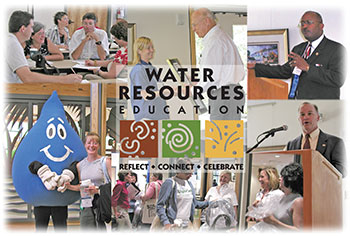
The Brooker Creek Preserve Environmental Education Center was the ideal place to honor the very best in District-sponsored community and youth water resources educatio

The Brooker Creek Preserve Environmental Education Center was the ideal place to honor the very best in District-sponsored community and youth water resources educatio
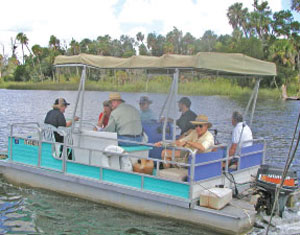 District staff and Governing Board and Basin Board members tour the Withlacoochee River.
District staff and Governing Board and Basin Board members tour the Withlacoochee River.
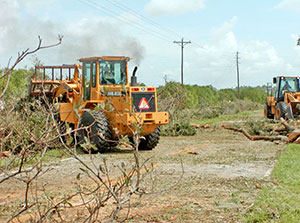 District workers cleared miles of roads and streets in Polk County after Hurricane Charley.
District workers cleared miles of roads and streets in Polk County after Hurricane Charley.
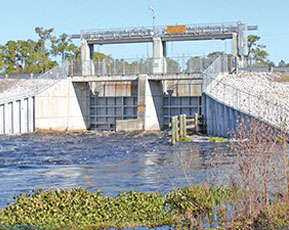 The gates are partially closed at Structure 155, allowing only minimal flow downstream.
The gates are partially closed at Structure 155, allowing only minimal flow downstream.
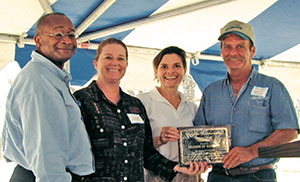 Terry Yoder of the Citizen Support Organization, far right, receives an award from District Governing Board Chair Watson L.
Terry Yoder of the Citizen Support Organization, far right, receives an award from District Governing Board Chair Watson L.
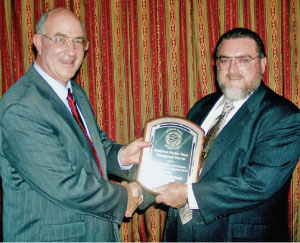 Gary Kuhl, left, Operations Department Director, accepted an award from Stephen H.
Gary Kuhl, left, Operations Department Director, accepted an award from Stephen H.
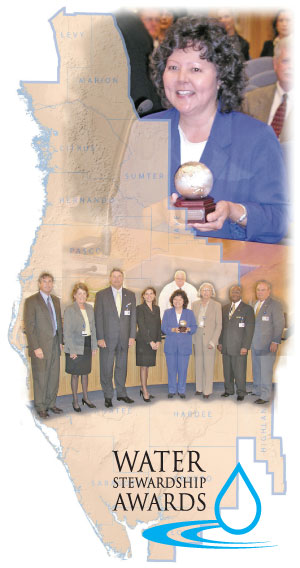
And the nominees for water stewardship are…” While the District’s Water Stewardship Awards program may
An Oldsmar Boy Scout was recently honored by the Pinellas-Anclote River Basin Board for his work on a project at the Brooker Creek Preserve.
Navigational Lock Operating Hours
Daily Hours Oct. 15– Feb. 15
7 a.m.–12 p.m. and 1 p.m. – 6 p.m.
Daily Hours Feb. 16–Oct. 14
7 a.m.–12 p.m. and 1 p.m. –8 p.m.
The District was recently honored as the Hillsborough Education Foundation 2002 District Business Partner of the Year. The award was presented to the District at a ceremony for 700 business, community and education leaders at the Tampa Hyatt Regency in October.